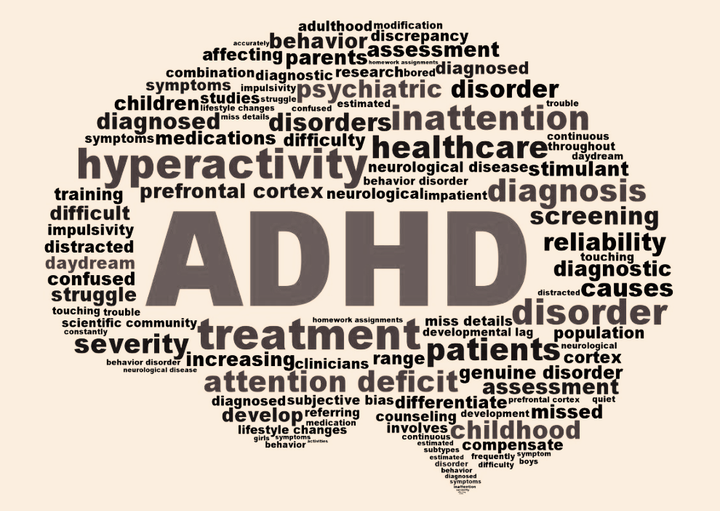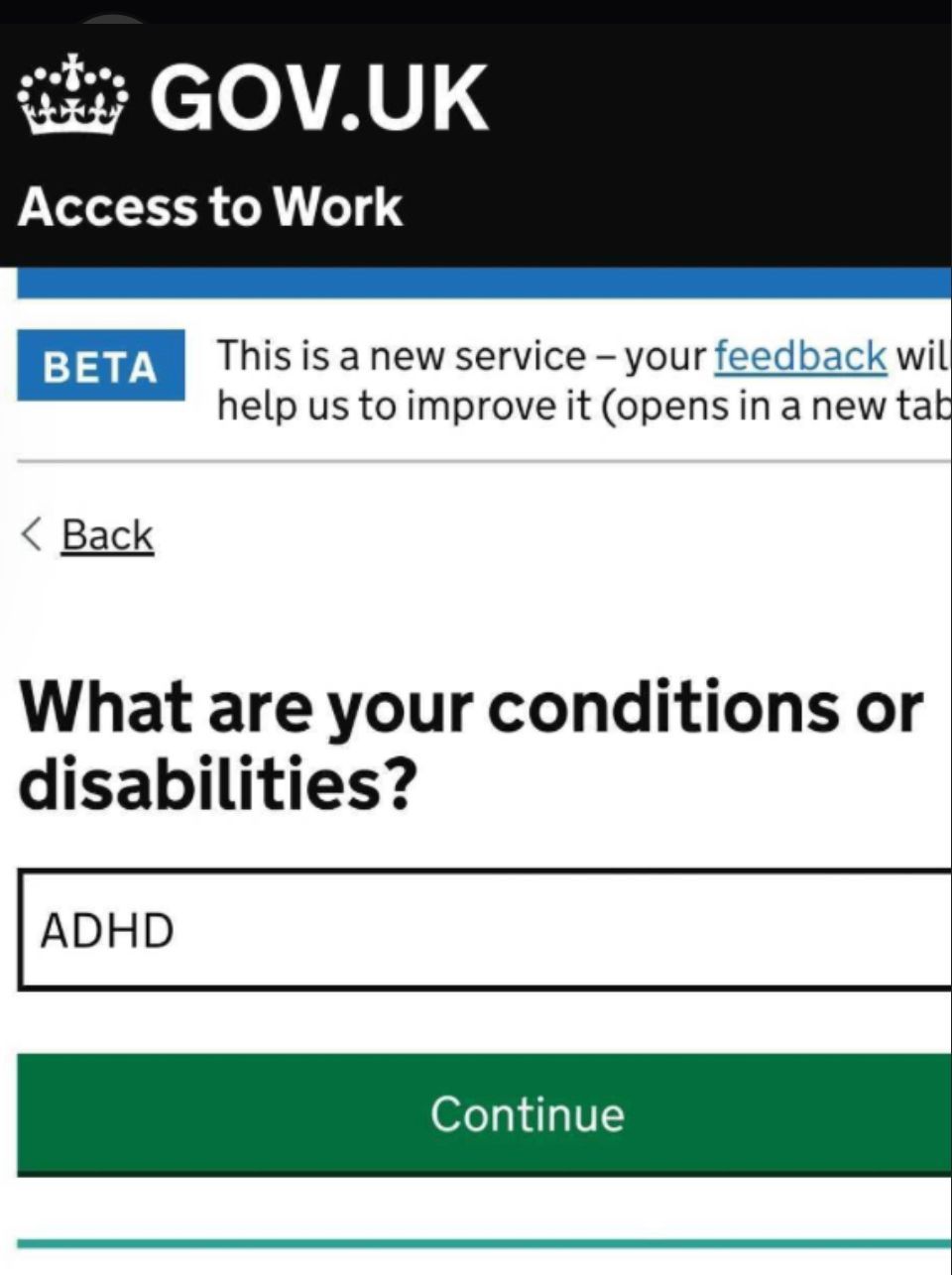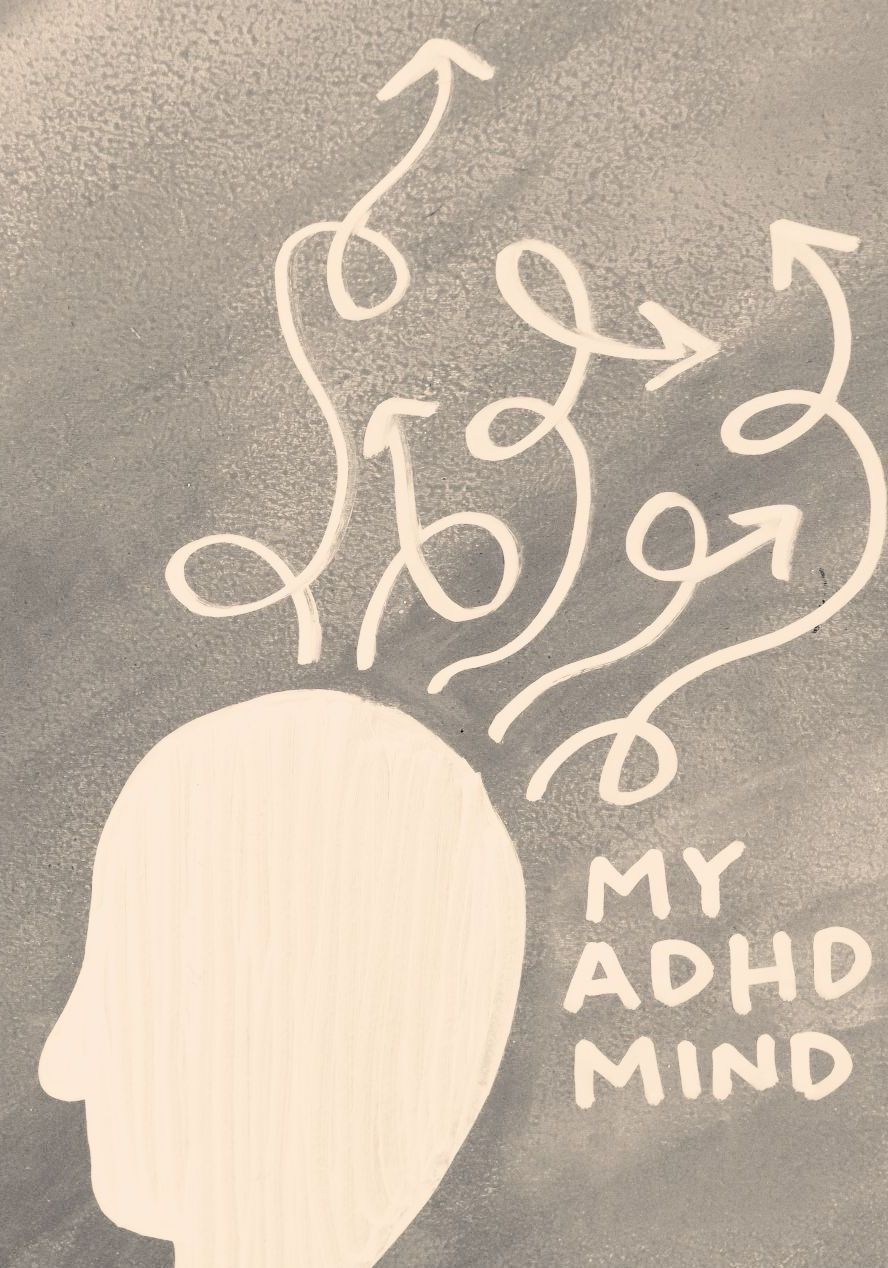Life Coach Services
ADHD, Autism and neurodivergence

Have you recently been given a diagnosis of ADHD or are helping someone who has?
As with all things, increased understanding and awareness can make all the difference to those affected by it and those seeking to help them.
The term “neurodivergent” describes people whose brain differences affect how their brain works. That means they have different strengths and challenges from people whose brains don’t have those differences.
One of the conditions most common among those who describe themselves as neurodivergent is attention deficit hyperactivity disorder (ADHD)
This can be characterised by inattentiveness, hyperactivity, impulsiveness, distractedness, and difficulty following instructions and completing tasks.
While it appears to be more common in males, unfortunately, females are often underdiagnosed or misdiagnosed due to differences in symptoms.
Increased understanding of this neurodivergence and its various symptoms can be gained by taking into account not only the gender of the individual, but also the age and other
factors.
Career Transitions
Your Best Professional Self
With over 20 years managing high performing teams in the healthcare industry, I am very aware that one of the most challenging roles in any career is the first promotion into a managerial role involving team leadership.
In healthcare, we regularly promote individuals on the basis that they are a high performer clinically. It is all too often overlooked that these individuals have no previous experience in the important role of managing people and becoming leaders.
However, with the right coaching and mentorship at this crucial stage, we can help these rising stars build resilience, manage transition and become comfortable with change – 3 core strengths that will be essential to any new manager.

Imposter Syndrome

"Your greatest ally?"
Depending on the studies that you read,
imposter syndrome affects 80 % of us at some point.
Common symptoms include the following:
- An inability to realistically assess and appreciate your competence and skills.
- Attributing your success to external factors or luck.
- Regularly comparing yourself unfavourably to others.
- Fear that you will not live up to expectations.
- Fear of being exposed as a fraud.
The statistics belie the reality of how imposter syndrome can feel - very isolating. But, it is often not talked about for fear it could damage career opportunities.
We will look at the steps we can take to help manage and overcome the sense of inadequacy that can accompany imposter syndrome and more importantly, we will explore how it can be your greatest ally, and turned into your strength.
Work life balance
What is a good work-life balance?
A healthy work-life balance will mean different things to us all. It’s not so much about splitting your time 50/50 between work and leisure but making sure you feel fulfilled and content in both areas of your life.
Signs of an unhealthy work-life balance
• Feeling like you have too much to do, all the time
• Feeling tired and/or sleeping less than seven hours per night
• Perfectionism
• Feeling unable to spend time with your friends and family
• Feeling irritable
• No time for self-care
• Struggling to focus
• Can't remember the last time you had fun
Often when we feel overwhelmed, it can seem impossible to see where to begin. Together, we will look at all the areas of your life that provide meaning and purpose, the amount of time they currently each fill versus where you would like them to be and then explore potential ways forward for you to address any imbalances and live a life of more fulfilment.

Youth coaching
We know that the teenage and young adult years can be a time of great challenge, not only for them but also their families.
There is so much going on – physical and mental changes, planning for uncertain futures, being asked to make big life decisions, dealing with relationships and break ups, and all this under the lens of an often overwhelming social media influence.
During these years, it may be more difficult for our young to reach out to those they would usually come to for support – parents or friends, or simply, that they feel isolated and unable to reach out at all.
This is where youth coaching can play a key role, it is not therapy or counselling – it is a confidential space to calmly explore difficult subjects such as :
Bullying
Relationships.
Handling and managing challenging emotions.
Direction in life
Building confidence and social skills
Self-doubt
Rather than ‘giving answers’, coaching is designed to guide each individual to their own best solutions.
By creating a confidential, safe space to work in, I will ensure that you leave the sessions with a greater sense of wellbeing and confidence for the future.
Personal development

Am I reaching my full potential ?
Personal development is the act of looking inwards to achieve a purpose or result, especially in the pursuit of clarity or passion in life.
It is much larger than just your career or self-development. It encompasses all aspects of your life where you’d like to see personal growth and encompasses all of the
following :
Mental - learning opportunities
Social - connections and relationships
Spiritual - a deeper understanding of your own self
Emotional - understanding your feelings/thoughts/actions
Physical - physical health
Hormonal - Working through menopause
If there is any one (or more) of the above that you feel you are wanting to see change and development in your life, but are unclear where to start, a coaching conversation could give you the framework to begin your journey to growth, to be you, but better.


